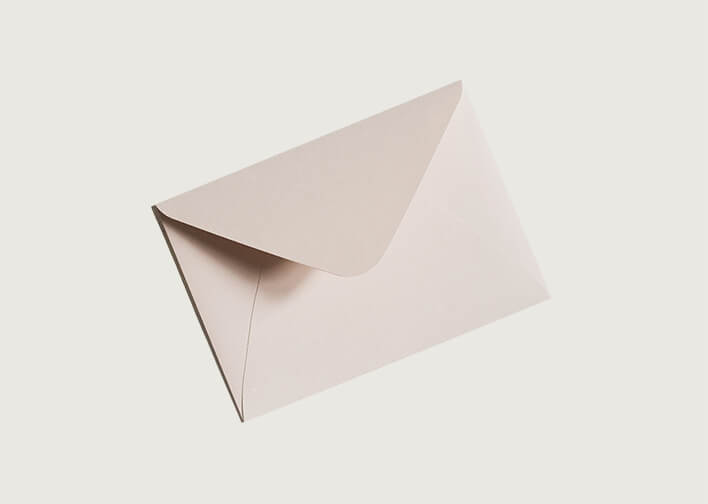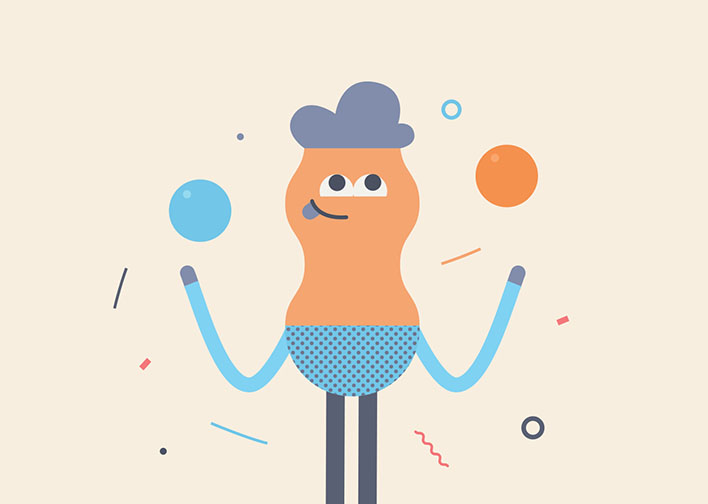Brands We Love: Aēsop

Amidst of the rush of Christmas shoppers, I stepped into the beautiful world of Aesop. With its dimly lit, spacious design and uplifting botanical scents, it felt like I had walked into a spa retreat.
When Anna, who was helping me choose a gift, asked if I’d like to try out any of the products for myself, I was intrigued enough to put down my shopping and head over to the basin. Honestly, I didn’t know washing your hands could be so enjoyable. I was sent home with lots of samples and a very strong desire to buy a $40 hand wash that smells like oranges, rosemary and happiness.
It was a calming, sensory experience, and I knew I’d be back again (if not to get the hand wash, then probably another one of their other 80+ other products).
Aesop pronounced (ee-sop, just like the Fables) have been around for over 30 years, and have grown 30 to 40 percent every year since their inception, expanding from a $2.5 million company in 2003, to a $225 million company in 2016 (Financial Review).
But, their success has not come from following the familiar paths of other big industry players. So, what has this Australian brand done to create a tribe of loyal devotees? Here are 3 big lessons we’ll be taking away from Aesop’s playbook.
1. They stand for something.
Now more than ever, customers want to buy from brands who align with their personal values. They want to connect with brands who are as culturally attuned, unique, environmentally and socially aware as they are.
Aesop’s values have really helped to distinguish them in the beauty industry. For example, while other companies use celebrity endorsements to connect with their customers, Aesop has built partnerships with the arts community instead. While many of their competitors outsource manufacturing overseas, aside from a few scents, Aesop continue to manufacture in Australia. And, even though similar businesses are ditching storefronts to place a focus on online shopping, Aesop continues to draw people to their beautifully designed retail stores.
Their CEO, Michael O’Keeffe acknowledges that Aesop is “not for everyone”, and instead focuses on catering to the customers who do appreciate not just the efficacy of their products, but their whole ethos.
Aesop do a great job of ‘staying in their lane’ and their customers seem to value that in their approach.
The takeaway: Strong values are the directional glue that holds a business together because they guide every decision. While your values may deter some, they will help you build strong connections with others. Your most loyal customers will appreciate not just that you stand for something, but that you consistently stick to your values as you grow and evolve.
Check out this article about why purpose-driven businesses are more successful.
2. They place high importance on experiences.
Aesop’s in store experience has been carefully choreographed, designed to engage senses, create a lasting impression, and most importantly, make their customers feel special.
A nod to their love of design, all Aesop stores are uniquely designed by a different architect to pay homage to the building, city and culture in which it exists. And while each store is different, they all share similar elements (including walls lined with products and big central basins), that when combined, create a signature Aesop experience. See more Aesop store designs here.

“The core thing that we try to do is create a little respite from the clutter of everyday live... a moment of sanctuary and calm—you can appreciate the sense that good design offers,” says Marsha Meredith, Aesop's Creative Director (Fast Company).

But that’s not the only experience that is carefully curated. Visit Aesop’s offices and you’ll notice that it’s maximised for productivity and enjoyment on all sensory levels. There are rules about what can be kept on your desk and where you can eat lunch. Even the colour of company powerpoint slides are chosen with deliberate precision.
While it might seem a little over the top, Aesop believes that a well considered environment contributes to wellbeing and improves lives— both of their customers and of their staff. Every small decision is in aid of creating a positive, engaging environment, one that keeps staff performing at their best, and customers coming back for more.
“The parts that you don’t see often matter the most. The smallest, well-intended rituals and gestures matter,” explains Founder, Dennis Paphitis (Financial Review).
The takeaway: Scents, sounds and aesthetics all contribute to the environment in which we live and work. When environments are deliberately designed to create positive experiences they can make us more productive, and encourage us to not only remember the event, but want to return again.
3. They know the power of strategic alignment.
Partnerships have always been a big part of Aesop’s brand building efforts, and their iconic amber bottled shampoos, conditioners, and popular hand wash are sitting pretty in hand-selected restaurants, cafes and hotels around the world. They know that they have quality products, and when the right people find and try their products, they will become customers.
The brand closely monitors who it collaborates with to ensure their partners share the same values. It’s the ‘no’s’ that ensure the brand is kept in tact, even as it expands globally. By aligning themselves with partners who share the same affluent, design conscious, independent customers, Aesop is able to reach their ideal customers without elaborate or expensive marketing campaigns.
The takeaway: If you can find businesses who share your values and your customers, a strategic partnership can be a powerful marketing strategy for both collaborators. But, just as much as another brand can bolster your reputation, they can also damage it, so it’s essential to be picky when choosing partners.

No matter the size of our businesses, or what we sell, we can all take notes from brands who have succeeded before us. I think Aesop does a great job at inviting their customer into a narrative, and painting a beautiful, very well designed picture of what their life could look like with Aesop products in it. From their website, to packaging, store and experience design, Aesop’s careful brand control and ability to stick to their vision seems to be fuelling their ability to stand out and carve out a niche in an oversaturated industry.
What do you think of Aesop’s marketing and branding tactics? Will you be using any of these in your business? Let me know in the comments. And, if you know someone who could benefit from reading this article, don’t forget to do them (and us) a favour and share it!
Images: Via the Aesop website, Taxonomy of Design & Aesop instagram.
Continue Reading









